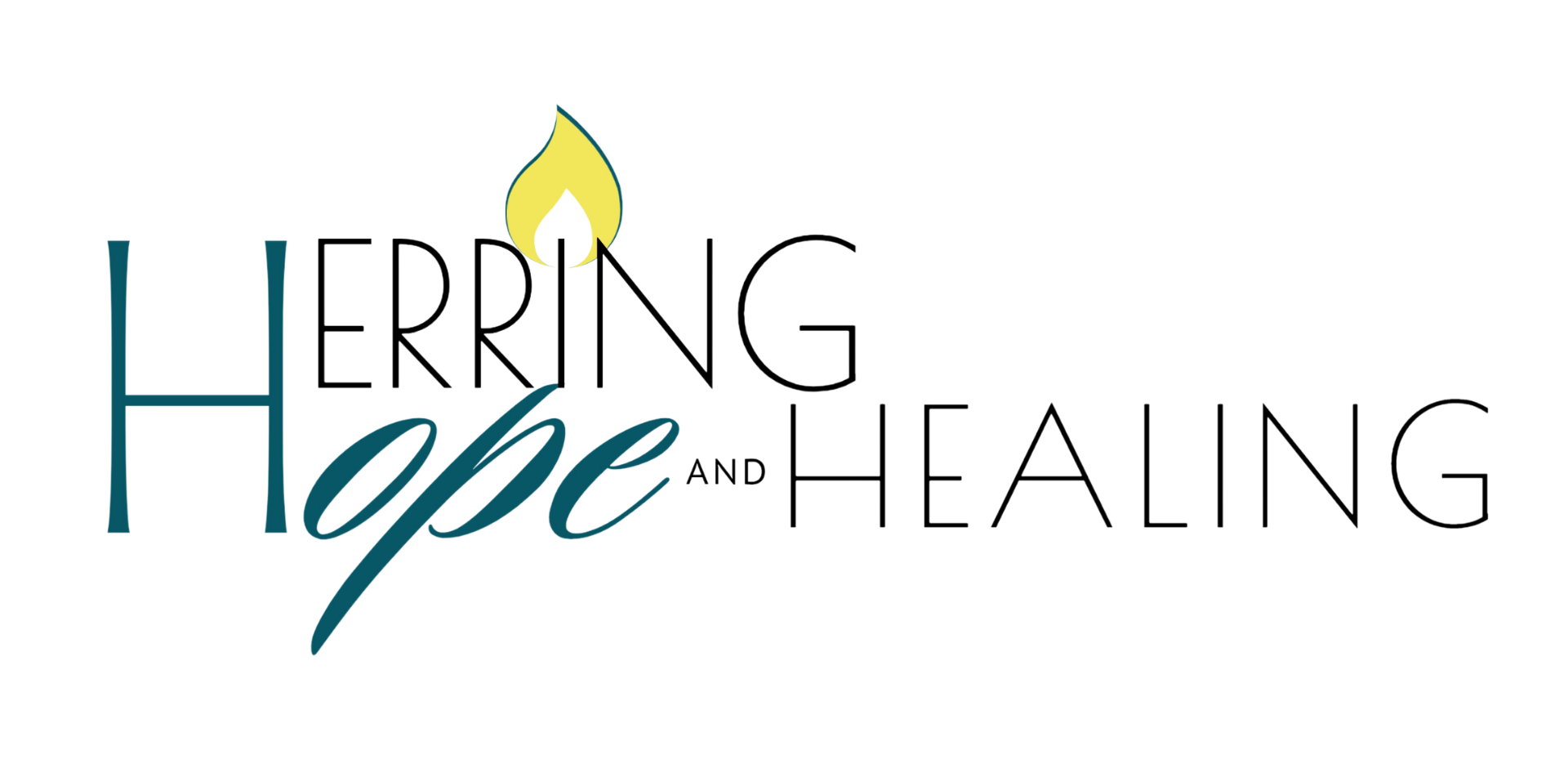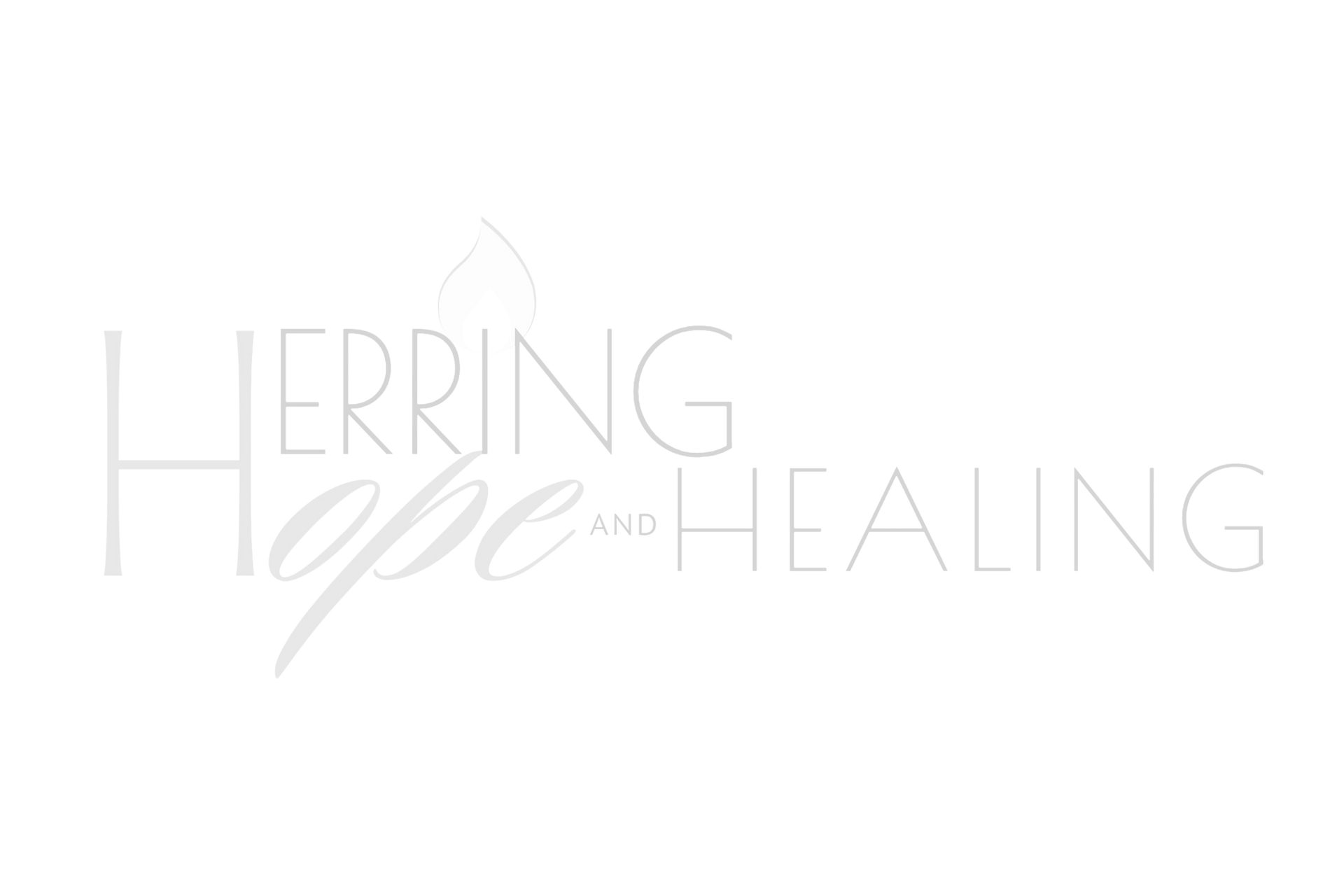Historical Trauma and Epigenetics
How Trauma impacts our DNA

In conjunction with historical trauma, there are current understandings of intergenerational trauma and epigenetics guides current research on how trauma impacts family patterns and biology. According to Parish (2021), intergenerational trauma has less to do with the traumatic event itself, but more of a family’s inability to break familial patterns and habits that may as a result, re-traumatize the individuals in the family. Additionally, the ability for each member of the family to cope with the traumatic patterns accumulated create an intergenerational traumatic cycle. Family mythology has to do with stories that are circulated across multiple generations to justify unhealthy, toxic or traumatic patterns. These myths drive the individual’s ability or inability to relate to their family members and individuals outside of their family. A family’s rules, motto and even worldview shape the script that intergenerational trauma survivors recite when confronted with conflict, questions or challenging the intergenerational traumatic patterns in their family.
Biologically speaking, according to Jiang et.al (2019) epigenetics refers to a shift in the sequence of DNA as a result of trauma. “Stressful or traumatic events experienced in childhood or adolescence can be driven by a broad range of life events, including but not limited to physical injury, natural disaster, bullying, and childhood maltreatment” (Horner, 2015). According to this research, individuals who have experiences an Adverse Childhood Experience (A.C.E.) are more likely to experience mental and/or physical health complications as well as early life mortality. The reason childhood trauma has such a significant impact on adult health outcomes is because childhood trauma induces toxic stress. While stress can be categorized into many different categories, the type of stress that is as a result of childhood trauma causes long-term stressors on the body and physiological health of the individual. (Baram, 2009).It is important to recognize that toxic stress can be passed down generationally especially when considering intergenerational trauma patterns and epigenetics.




